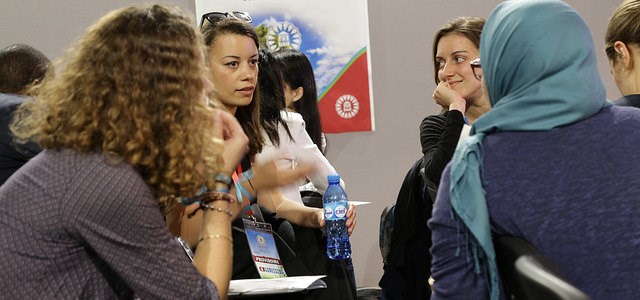A GWP Partner is defined as: “Any entity, except individuals, may become a Partner of the Network. Partners of the Network may include States, national, regional and local Government Institutions, Intergovernmental Organisations, international and national Non-governmental Organisations, Academic Institutions and Research Institutions, Companies, and service providers in the public sector.”
GWP Partners must recognise the principles of integrated water resources management endorsed by the Network and be committed to these principles (as outlined in the application to be a Partner). There is no fee to be a GWP Partner.
Here is why your institution should become a GWP Partner.
How to apply
An online application form is available here - and several language options are found in the right-hand side menu of that page.
What about individuals?
The GWP Statutes specify that individuals cannot become Partners of GWP. However, individuals are important contributors to the work of the GWP.
The development of the GWP network and partnerships has been built on the efforts of both institutions and individuals. The institutional approach has a greater potential to promote action, access funding, and create ownership while individuals bring in expertise and social capital. For example, some of the successes achieved to-date in terms of influencing governments to adopt Integrated Water Resources Management (IWRM) have been achieved through the work of individuals.
GWP thus recognises the important role of individuals in the network even though individuals cannot become GWP Partners. Individuals can participate in Country Water Partnership (CWP) meetings and serve in committees instituted by the CWP or Regional Water Partnership (RWP), but cannot have a vote and do not have decision making powers. Individuals can also serve the CWP or RWP in an advisory capacity.

